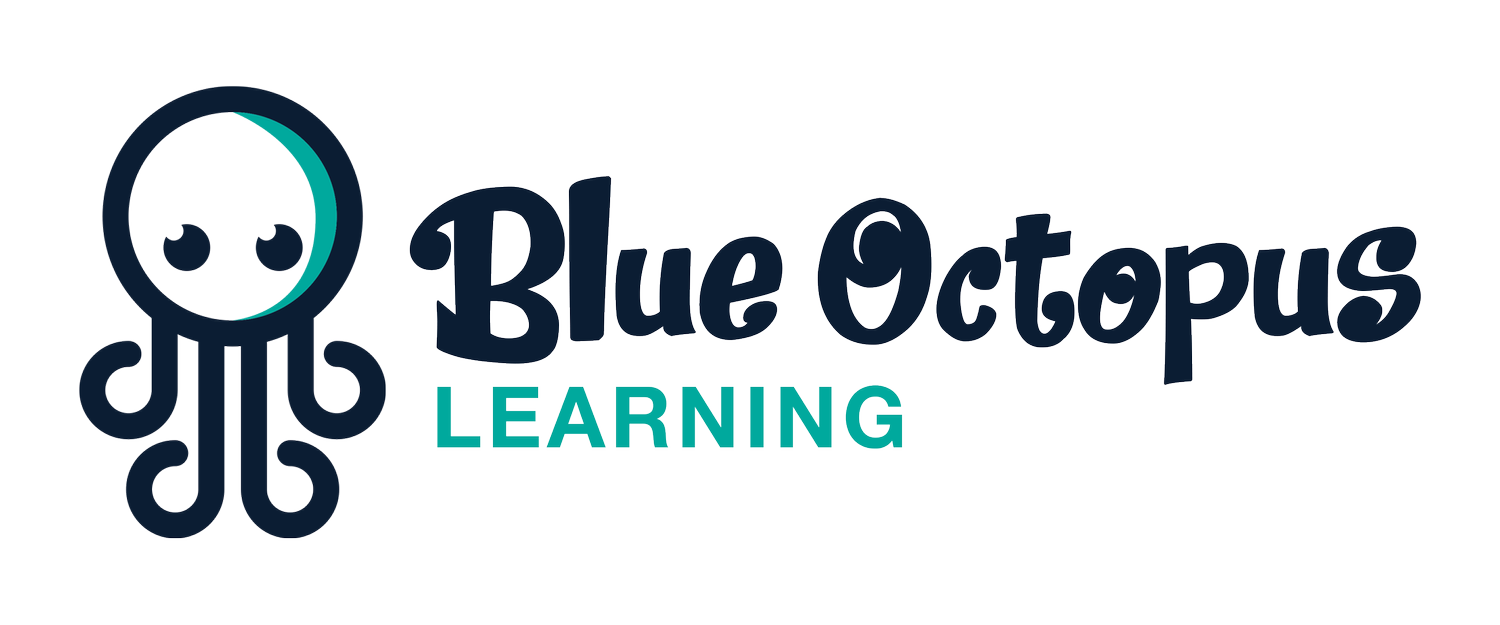How AI can enhance the coaching experience, not replace it
There’s a lot of conversation right now about AI and its role in coaching. Will it replace coaches? Can it replicate the depth of human connection? In my opinion: No.
Coaching is and always will be a deeply human process. It’s built on trust, empathy, and presence, the kind of connection that can’t be automated or simulated. But that doesn’t mean AI doesn’t have a place in the coaching world. In fact, when used thoughtfully, it can be a powerful compliment to the coaching experience, offering both coachees and coaches new ways to reflect, learn, and grow.
For Coachees: Staying Engaged Between Sessions
One of the challenges for clients is maintaining momentum between coaching sessions. AI can help bridge that gap by offering tools that encourage reflection and action in real time. For example:
Reflective journaling: AI can prompt clients with thoughtful questions that deepen self-awareness and help them process what’s come up in sessions.
Goal setting and planning: Clients can draft goals or action plans and use AI to refine their thinking, clarify priorities, or explore potential obstacles.
Perspective-taking: AI can offer alternative viewpoints or challenge assumptions, helping clients arrive at their next session with more clarity and confidence.
This doesn’t replace the coach’s role but it helps clients stay connected to their development journey between conversations. It’s like having a gentle nudge or sounding board when they need it most.
For Coaches: A Thinking Partner Behind the Scenes
Coaches can also benefit from AI as a quiet, behind-the-scenes support. It’s not about outsourcing the work it’s about enhancing it. Here are a few ways coaches might use AI:
Generating coaching questions: Whether you're preparing for a session or designing a workshop, AI can help spark new ideas and approaches.
Reflecting on dilemmas: When faced with complex client scenarios or ethical questions, AI can offer frameworks or perspectives to support your thinking.
Staying current: AI can help you stay up to date with leadership trends, emotional intelligence research, or developments in psychology, all without spending hours trawling through articles.
It’s a tool that supports creativity, learning, and preparation, giving coaches more space to focus on what matters most: being fully present with their clients.
The heart of coaching lies in human connection. AI can’t replicate the nuance of a coach’s intuition, the warmth of a shared moment, or the trust built over time. But it can make the experience richer.
Used with care, AI becomes part of a more responsive, reflective coaching process. It helps clients stay engaged, and it gives coaches new ways to grow and prepare. The key is to treat it as a partner not a replacement.
So whether you’re a coach curious about new tools, or a coachee looking to deepen your journey, AI has something to offer.
